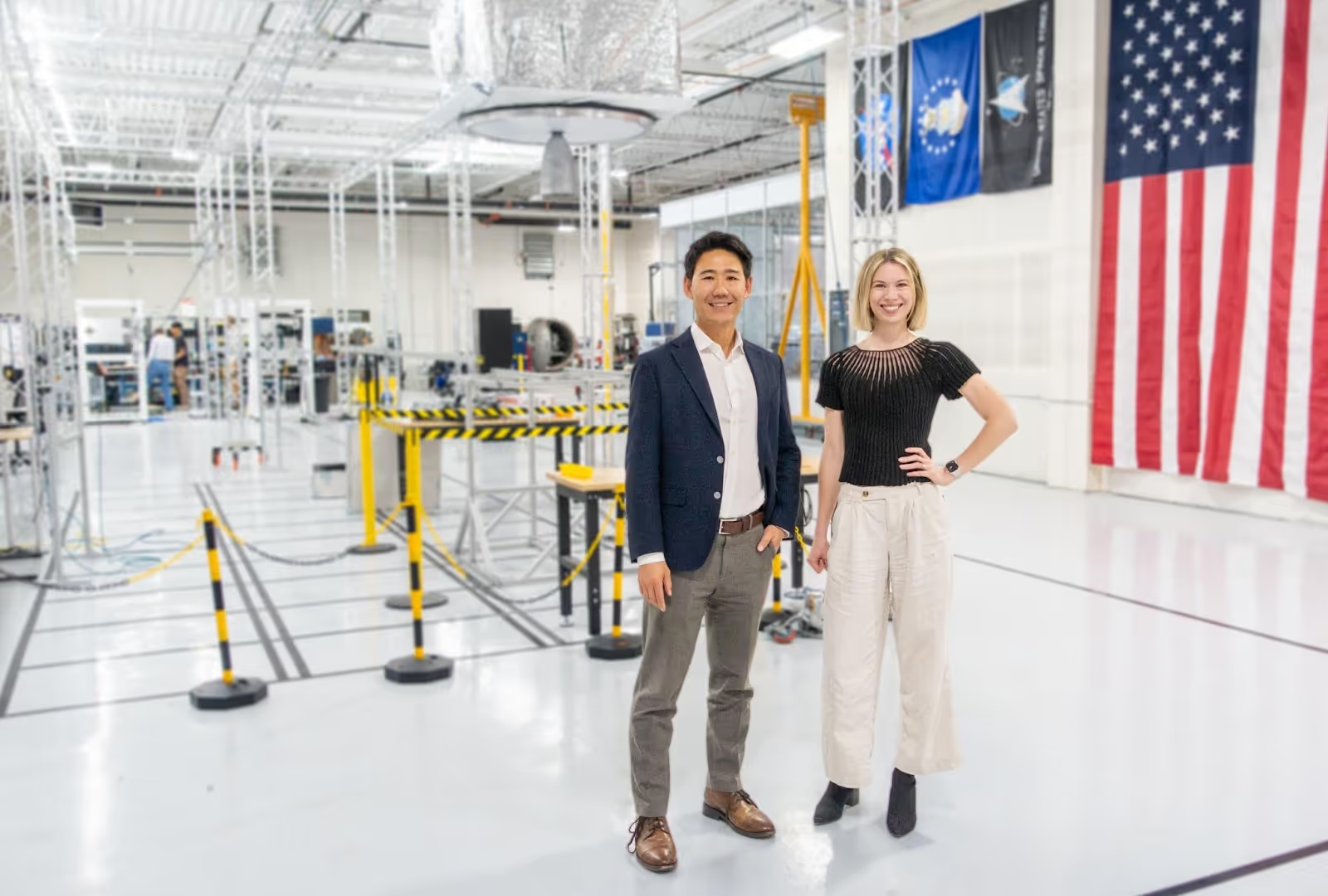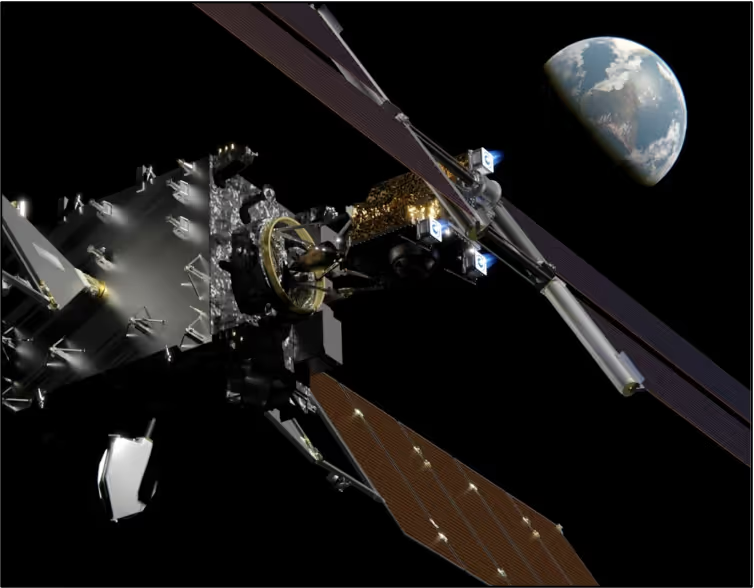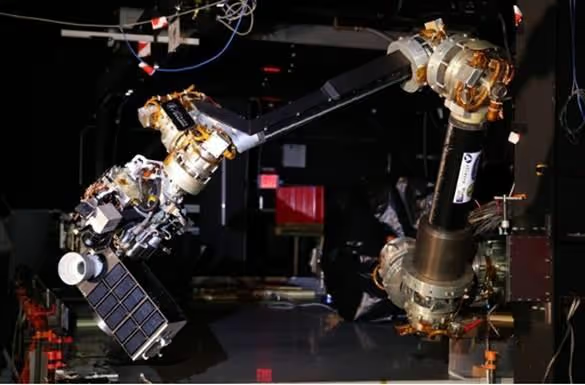Flagstaff, Arizona, April 24, 2025 – Katalyst Space Technologies has announced its acquisition of Atomos Space, a strategic move to accelerate and expand its in-space servicing capabilities.

The company plans to continue operating the 20,000 square foot facility in Broomfield, CO, where Atomos builds and tests its flagship spacecraft, Quark. Key members of the Atomos team will join Katalyst following the transaction, including Atomos co-founder Vanessa Clark.
The combined team will develop and launch spacecraft capable of rendezvous and docking to perform life extension, spacecraft upgrades, and space domain awareness. Katalyst will leverage the Atomos Quark spacecraft to serve missions for both commercial satellite operators and defense customers.
According to Katalyst CEO Ghonhee Lee, the company will launch a fleet of spacecraft capable of executing multiple missions:
“Geopolitical tensions and competition in space are both increasing. As a result, satellite operators need more flexibility – they can’t rely on traditional methods of launching satellites with fixed capabilities and expecting them to stay relevant like they have for decades. It is critical to US national security and the future of the space economy to increase the frequency of spacecraft docking. It’s our mission to accelerate that,” says Lee.

With the acquisition of Atomos, Katalyst obtains critical capabilities to deliver this vision. Since 2018, Atomos has developed significant intellectual property, including their own bus and robotics technology. In 2024, Atomos completed a LEO mission validating several key spacecraft subsystems. setting the stage for their next-gen platform.
Katalyst is betting that multi-mission vehicles will be key to improving mission economics. By launching spacecraft that can perform more than one mission, the company plans to offer customers the chance to share major costs – like the bus and the launch. According to Katalyst, cost is a major challenge when it comes to providing the flexibility satellite operators need to remain competitive:
“Adoption of new capabilities, whether it’s commercial in-space servicing or servicing, has been slow. Customers like the Space Force have signaled that there’s demand – but only if mission economics and operational timelines make sense,” explains Lee.
“By stacking the economics of multiple missions across three segments– not just life extension, but also SDA and upgrades–we’ll make these missions more accessible to more customers,” says Lee. “That will ultimately pave the way for new mission types that diversify the space economy – like mining, in space manufacturing, and further exploration.”
Atomos is a natural complement to Katalyst’s core competencies: the Flagstaff, AZ based team builds upgrades that can be installed on unprepared satellites with multiple robotic servicers. The company also recently announced a new technology architecture that would enable spacecraft docking without the need for complex sensors or robotic arms, further improving mission economics.
“We’re excited to integrate Atomos’ technology and team to build towards a combined vision centered around rendezvous and proximity operations (RPO). Their heritage complements our DoD traction, and together we’ll enable more rapid and reliable servicing missions,” says Lee.
Katalyst has already won a contract with the Department of Defense to upgrade satellites to add SDA capabilities to support the Space Force’s National Space Test and Training Complex (NSTTC).

There are additional benefits to the combination. “With a flight-proven bus, RPO tech, and upgrade packages all under one roof, we can now offer full-stack mission solutions with shorter timelines,” said Vanessa Clark, now a senior executive at Katalyst.
“And because all three segments—SDA, upgrades, and life extension—require RPO, we’ll be performing those maneuvers regularly. That repetition will sharpen our proficiency with complex, high-risk missions like spacecraft docking,” Clark added. “It gives us high mission assurance at an affordable price point.”
Katalyst will continue to operate both in Broomfield, CO and remain headquartered in Flagstaff, AZ.
About Katalyst Space Technologies:
Katalyst upgrades satellites that are already in space with new hardware, like sensors, using in-space servicing. Katalyst offers a range of hardware and software upgrades, including several products for space domain awareness (SDA).
For media inquiries, please contact:
Ghonhee Lee – ghonhee@katalystspace.com


